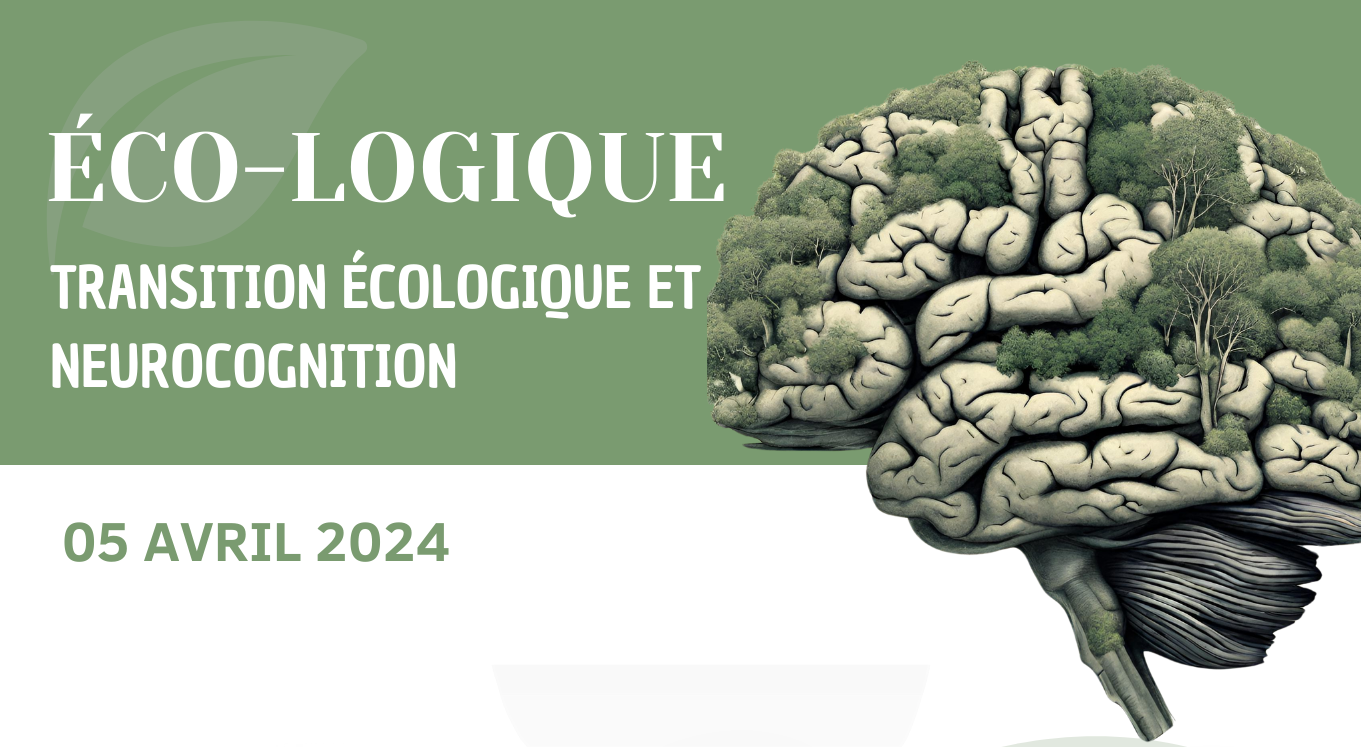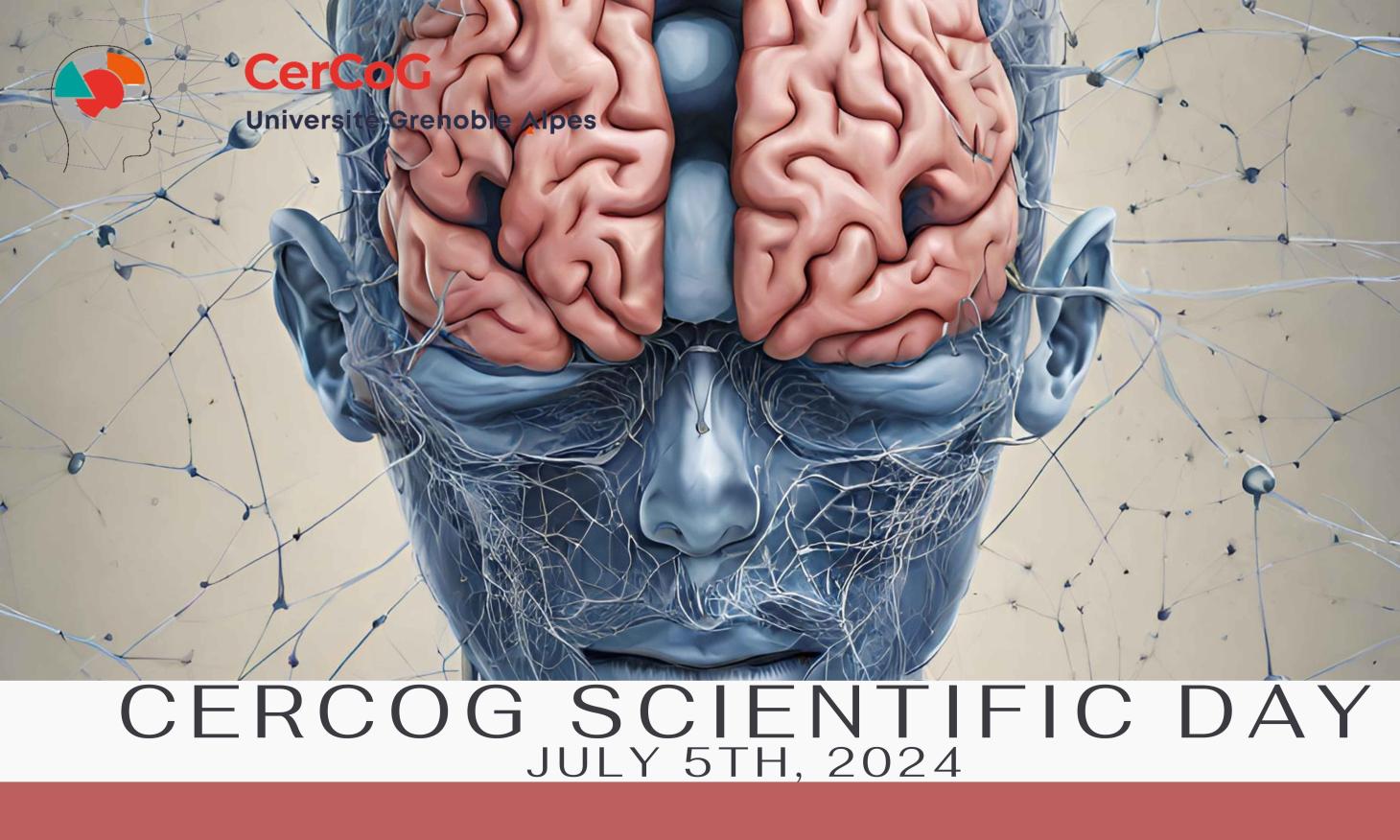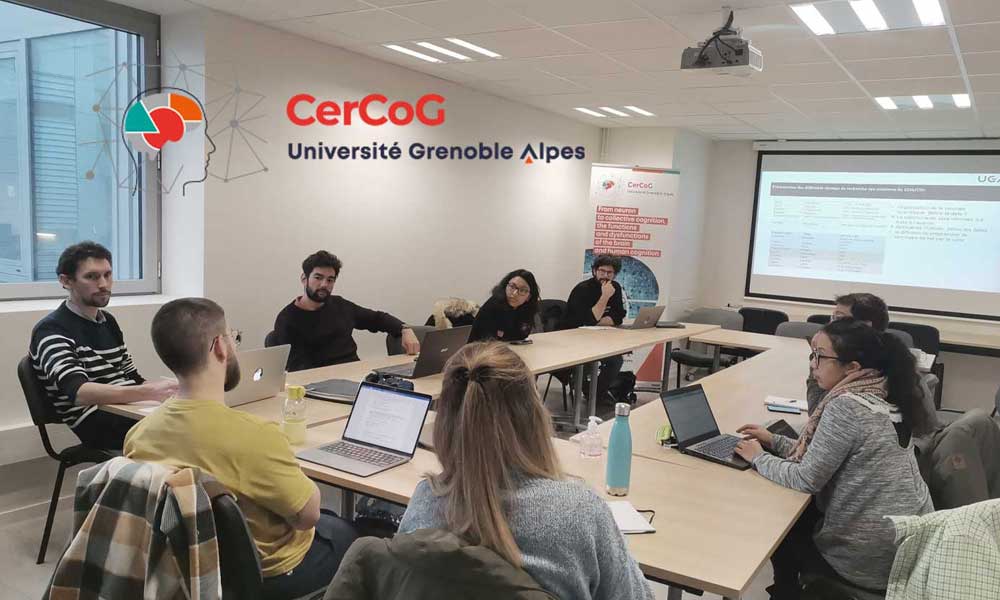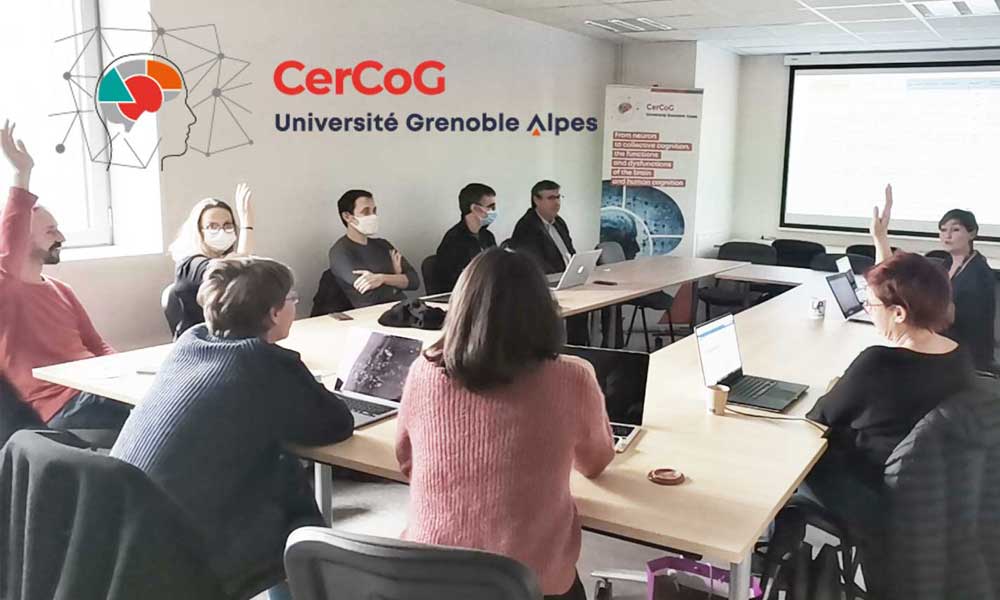TEAMS
CerCoG counts 595 members from 18 different labs structured in 3 axes.
Our teams belong to one of these axes:
Upcoming events
Call for projects
Bootstrapping
They are bootstrap projects to promote interdisciplinary interactions between teams within axes. The funding of this type of project serves to master internships and associated running costs. One call per year.
Collaborative
They are bootstrap projects to promote interdisciplinary interactions between teams, axes, and poles, providing a larger amount of funding for running costs and short-duration salaries. One call per year.
Structuring
They are federative projects to promote and develop CerCoG inter-axe collaborations between teams. Funding serves for running costs and salaries. One call for the duration of the program.
Platforms
Funding strengthens the CerCoG platform network and targets common methodological developments for our Brain and Cognition community.
Communication
Communication
A set of podcasts through which CerCoG plans, this season, to train its young researchers to communicate effectively.

595
CerCoG members
395
Permanent members
18
Labs
4
Poles




